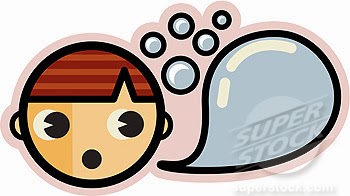COUNTABLE AND UNCOUNTABLE NOUNS
COUNTABLE NOUNS
Countable nouns are easy to recognize. They are things that we can count. For example: "pen". We can count pens. We can have one, two, three or more pens. Here are some more countable nouns:
- dog, cat, animal, man, person
- bottle, box, litre
- coin, note, dollar
- cup, plate, fork
- table, chair, suitcase, bag
Countable nouns can be singular or plural:
- My dog is playing.
- My dogs are hungry.
We can use the indefinite article a/an with countable nouns:
- A dog is an animal.
UNCOUNTABLE NOUNS
Uncountable nouns are substances, concepts etc that we cannot divide into separate elements. We cannot "count" them. For example, we cannot count "milk". We can count "bottles of milk" or "litres of milk", but we cannot count "milk" itself. Here are some more uncountable nouns:
- music, art, love, happiness
- advice, information, news
- furniture, luggage
- rice, sugar, butter, water
- electricity, gas, power
- money, currency
We do not usually use the indefinite article a/an with uncountable nouns. We cannot say "an information" or "a music". But we can say a something of:
- a piece of news
- a bottle of water
- a grain of rice
We can use some and any with uncountable nouns:
- I've got some money.
- Have you got any rice

Here are some more examples of countable and uncountable nouns:
| Countable | Uncountable |
| dollar | money |
| song | music |
| suitcase | luggage |
| table | furniture |
| battery | electricity |
| bottle | wine |
| report | information |
| tip | advice |
| journey | travel |
| job | work |
| view | scenery |
PRACTICE...
















